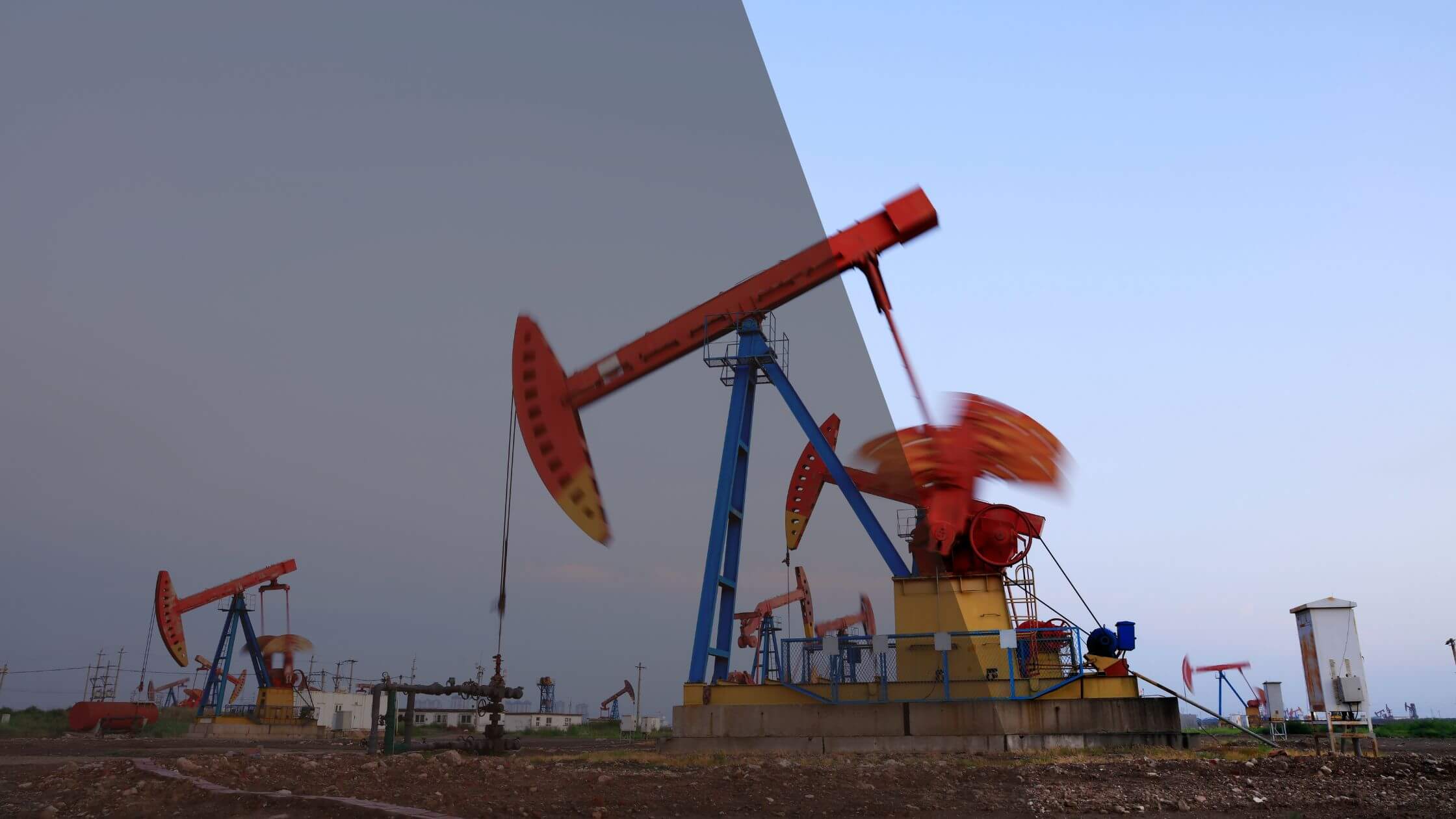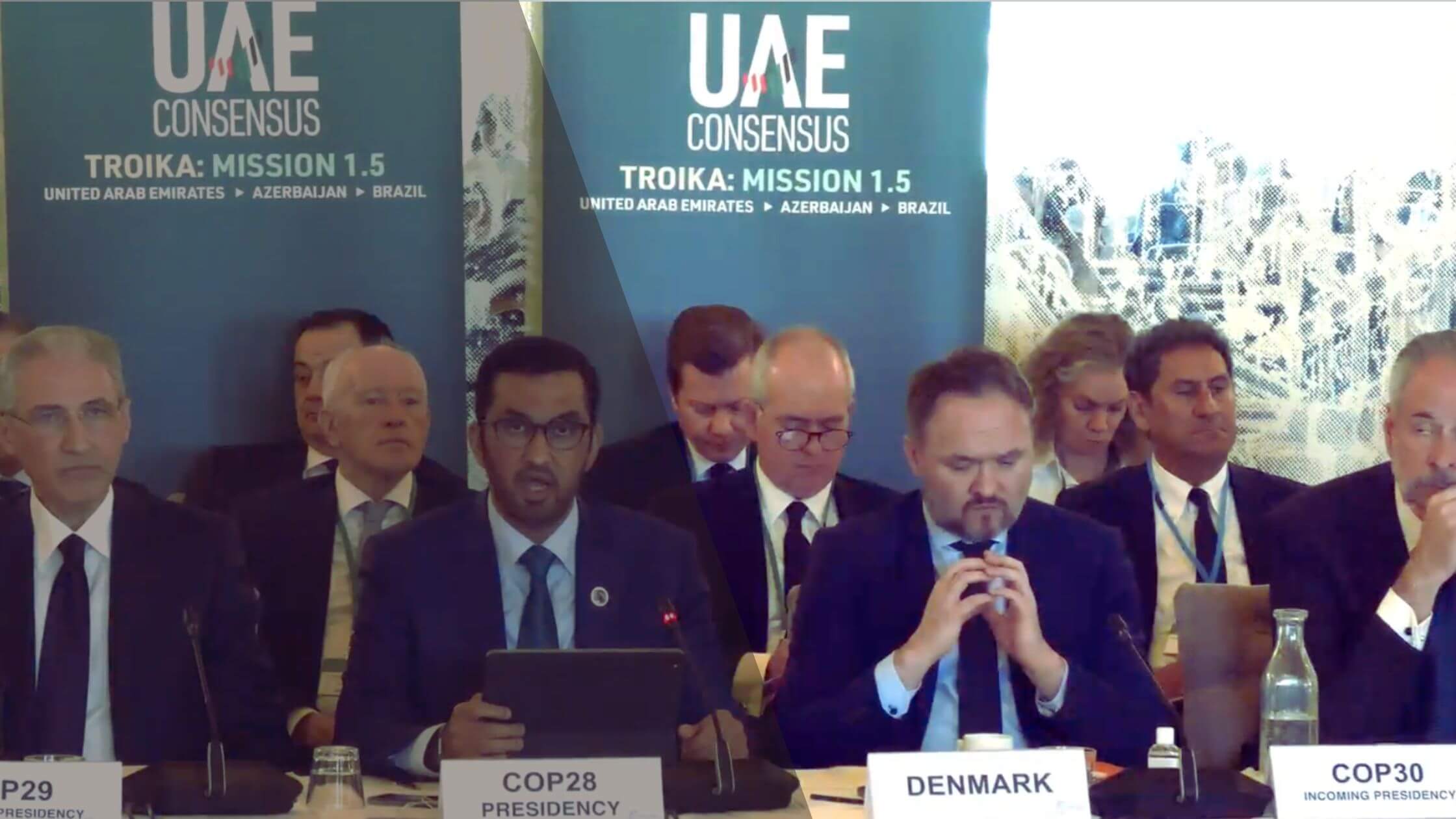Huge investments for climate finance and disaster recovery could be unlocked at no extra cost to governments or taxpayers by just repurposing currently unused money reserves distributed by the IMF to wealthier nations.
AFRICA’S DEVELOPMENT AGENDA
Learn more about the upcoming Africa Climate Summit, set to spotlight Africa’s development agenda and influence in the shifting global geopolitical landscape. The summit will focus on driving green growth and climate finance solutions for Africa and the world.
EXPLAINERS AND BACKGROUND BRIEFINGS
THE GLOBAL ENERGY TRANSITION
The Africa Climate Summit can shift the continents development trajectory and the global energy transition.
Experts say that Africa is on the precipice of leap frogging into a renewable energy era.
- Investing in renewable resources in Africa equals profit, sustainable development and aligns with global climate goals.
- Adaptation is central to Africa’s green growth pathway, and global north countries must uphold their adaptation finance commitments.
- Value addition to “critical” minerals is essential for the energy transition, and must occur before export, to bolster Africa’s economic standing.
1. Transforming unused reserves into a beacon of hope
2. Lending longer and fairer for long-term resilience
The World Bank and other multilateral development bank (MDBs) boost lending to $1 trillion, specifically for climate and development response. Increasing emergency funds, suspending interest during crisis and new mitigation trusts could build a fairer future.
3. New global taxes to finance climate action
From levies on ships to planes to day trading, several promising new international tax proposals are under discussion that could generate billions for countries battling climate impacts while incentivising the shared path to decarbonisation.
KEY EVENT DATES IN 2023
CLIMATE DIPLOMACY SNAPSHOTS
The Climate Diplomacy Snapshots provide the climate community with a clear overview of 24 countries and the EU on climate and recovery to pursue these joint objectives and keep the global average temperature increase to 1.5°C








